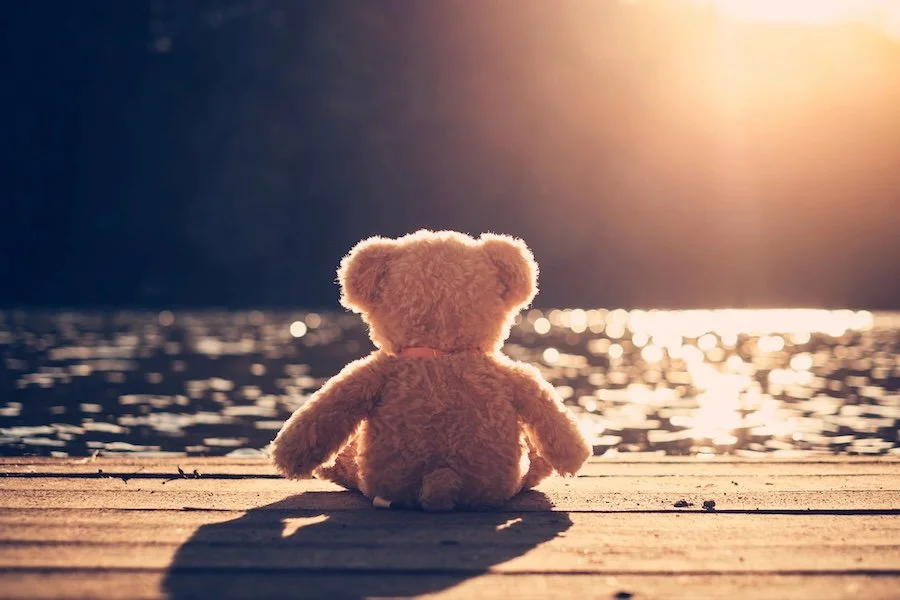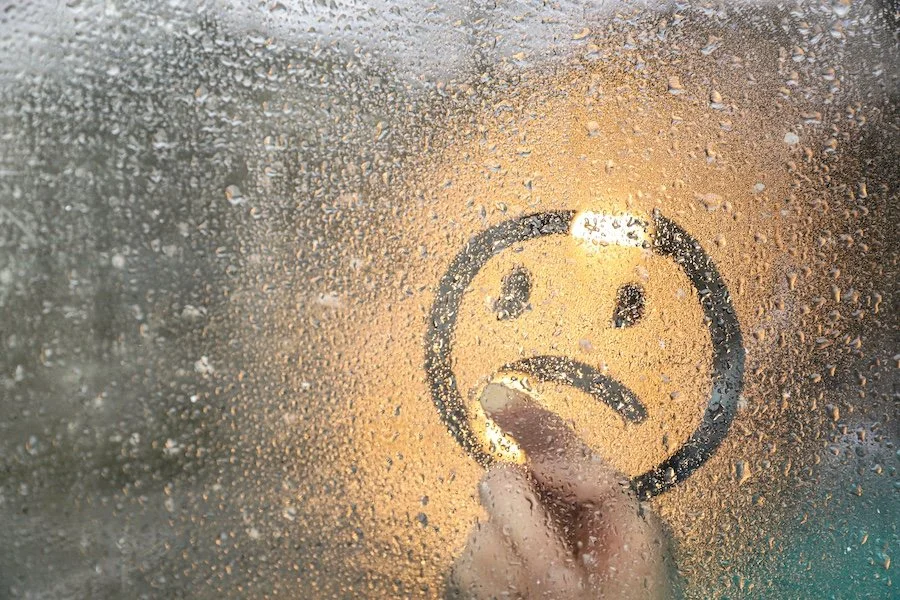Echoes of Silence: Unraveling the Complex Tie Between Childhood Trauma and Adult Loneliness
A Prelude to Loneliness
In a world where connections are just a click away, experiencing loneliness can seem paradoxical. Yet, the sense of isolation many adults feel often has roots tracing back to their formative years. As children, we absorb experiences in a way that profoundly impacts our emotional development and long-term mental health. Childhood trauma, often silently endured, can manifest in complex ways, including the development of Post-Traumatic Stress Disorder (PTSD). This blog delves into the intricate relationships between childhood trauma, PTSD, and loneliness, illuminating paths toward healing and connection.
Understanding Childhood Trauma and Its Legacy
Childhood trauma encompasses a range of distressing experiences, from neglect and emotional abuse to witnessing violence. These traumatic episodes can leave deep psychological scars, affecting emotional regulation and personal relationships well into adulthood. Research consistently shows that those who endure such early adversities often struggle with trust and self-esteem issues, forming an invisible barrier to intimacy and connection.
Adverse childhood experiences fundamentally alter brain development. The amygdala, responsible for emotional processing, can become hypersensitive, while the hippocampus, central to memory and learning, may shrink in response. Such physiological changes predispose individuals to PTSD, further complicating emotional stability and social interactions. By examining these shifts, we begin to understand how childhood trauma acts as a precursor to loneliness in adulthood.
The Intricacies of PTSD
Primarily associated with combat veterans, PTSD is equally prevalent among individuals who have suffered childhood trauma. It is an often-debilitating condition characterized by flashbacks, intense anxiety, and hyper-vigilance. These symptoms not only affect mental health but also disrupt social functioning, fostering an environment where loneliness thrives.
Related: Why Women with PTSD Often Suffer in Silence
PTSD symptoms reinforce negative coping mechanisms, hindering the formation of healthy relationships. Reluctance to form new bonds is not merely about the fear of getting hurt again, but also about navigating complex emotions that arise in everyday interactions. As this internal battle persists, individuals may begin to isolate themselves, perceiving loneliness as a safer option compared to potentially disappointing or harmful social encounters.
The Cycle of Loneliness and Mental Health Issues
Understanding the cyclical nature of loneliness and mental health challenges such as PTSD is crucial. As loneliness intensifies, so does the risk of worsening mental health conditions. The Harvard Study of Adult Development highlights that individuals with a history of trauma often display increased sensitivity to rejection. This sensitivity exacerbates feelings of inadequacy and isolation, fostering a cycle where loneliness begets more loneliness.
Moreover, prolonged loneliness often negatively impacts physical health, further complicating recovery. Studies have shown that chronic isolation can lead to conditions such as cardiovascular disease and weakened immune response, which indirectly affect mental health. Understanding these dynamics is essential for developing effective interventions to disrupt this cycle and promote holistic healing.
Breaking Down Barriers: Healing Through Connection
Healing from the effects of childhood trauma and PTSD involves fostering genuine connections. Establishing trusting, meaningful relationships counteracts feelings of isolation and despair. Therapeutic approaches, such as cognitive behavioral therapy (CBT) and Eye Movement Desensitization and Reprocessing (EMDR), provide individuals with tools to manage emotional responses and develop healthier thought patterns.
Furthermore, supportive social networks play a pivotal role in recovery. Encountering understanding and empathy from others can mitigate feelings of vulnerability and foster resilience. Engaging with community groups or online forums dedicated to trauma survivors can be particularly beneficial, offering a sense of belonging and shared experiences that serve as an antidote to loneliness.
Embracing a New Narrative: Strategies for Overcoming Loneliness
Overcoming loneliness rooted in childhood trauma and PTSD requires a multifaceted approach. One effective strategy involves cultivating mindfulness and self-compassion, which help reduce anxiety and build emotional resilience. Mindfulness practices encourage individuals to stay grounded in the present, diminishing the power of past trauma over current emotions.
Related: Childhood Trauma: Lifelong Implications (but Not a Lifelong Sentence)
In addition, pursuing creative outlets such as writing, art, or music can provide cathartic release and enhance self-expression, allowing for a constructive process of healing and self-discovery. Engaging in these activities not only serves as an emotional outlet but also offers opportunities to connect with others who share similar interests, fostering new relationships and community involvement.
Paving the Path to Connection
The journey from childhood trauma and PTSD to an adulthood marked by loneliness reveals a profound intersection between mental health challenges and personal history. Understanding this complex relationship is the first step toward healing.
As society increasingly recognizes the impact of early adverse experiences on adult well-being, it becomes imperative to provide accessible resources and support systems that encourage recovery and connection.
Unlocking the doors to lasting relationships requires patience and dedication, but the reward – a sense of belonging and emotional fulfillment – is invaluable. By embracing this path, individuals can transform loneliness into a life enriched by meaningful connections and thriving mental health.
Through continued awareness and targeted support, we can help those affected by childhood trauma and PTSD emerge from the shadows of isolation, fostering a future where loneliness no longer dictates identity or limits potential.
You don’t have to go it alone.
If you’re interested in learning more about individual psychotherapy, adolescent psychotherapy, child psychotherapy, parenting support, psychoanalysis or couples therapy, please contact us by submitting this form, or by phone at (708) 480-2813. We’ll be happy to answer any questions you might have.



